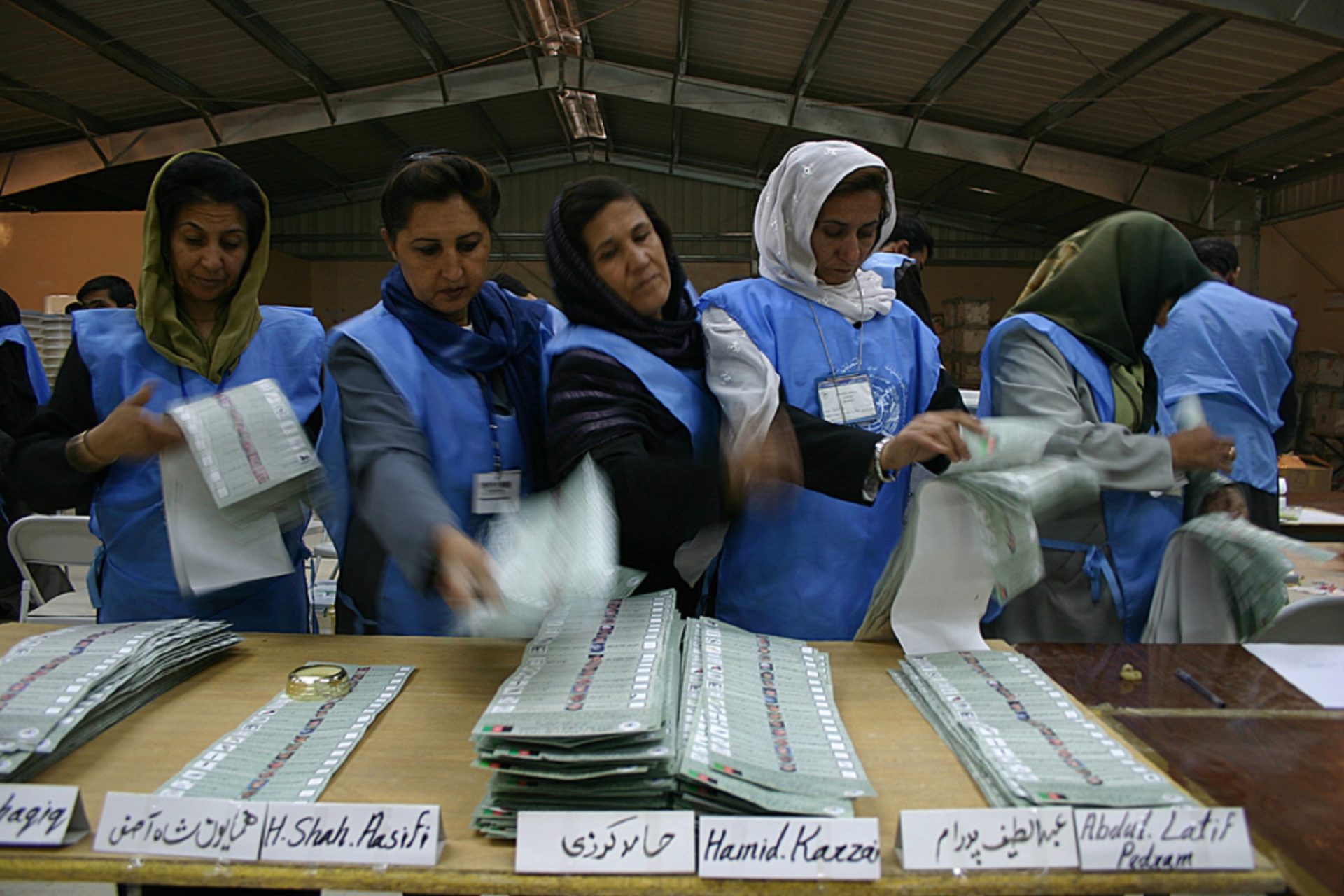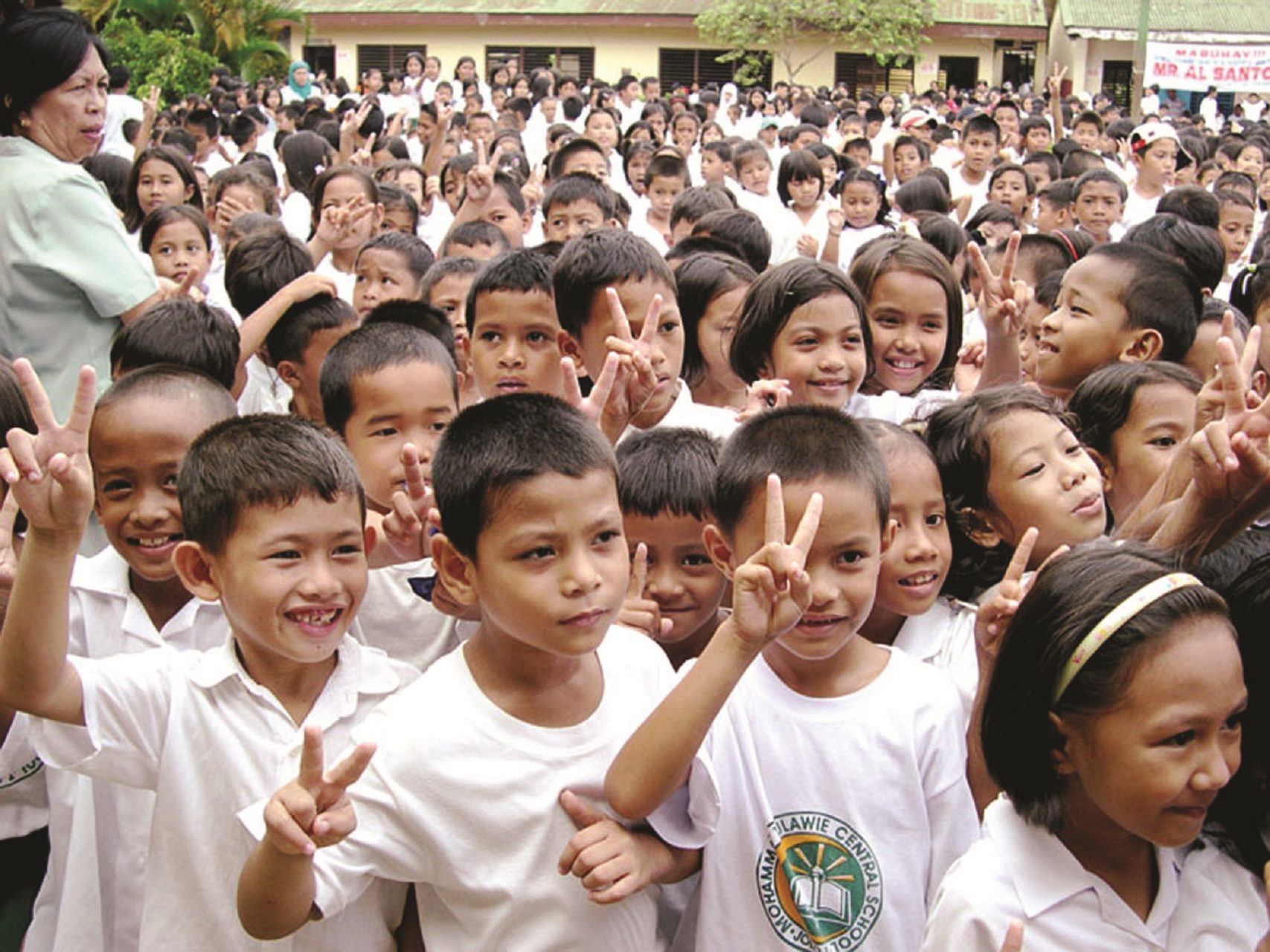U.S. investments in Democracy, Rights, and Governance (DRG) expand space for vibrant civil societies and independent media; strengthen political and government institutions to be responsive to citizens’ needs; promote transparency and accountability; strengthen the rule of law; foster equitable economic growth; promote tolerance and inclusiveness; protect human and labor rights; and support credible elections.

Why the United States Invests in Democracy, Rights and Governance Programs
American Values. The American people support democracy. In a June 2018 report released by the Democracy Project, “71% of respondents favor the U.S. government taking steps to support democracy and human rights in other countries.” The report also highlights that 78% of Americans either want sector support to increase or remain at current levels.
U.S. National Interests. As stated in the December 2017 National Security Strategy, “America’s commitment to liberty, democracy, and the rule of law serves as an inspiration for those living under tyranny.” Foreign assistance for DRG programming helps like-minded partners emerge economically and politically and leads to strong economic and security partnerships with the U.S.
Promoting Civil Society. Civil society comprises community groups, NGOs, labor unions, indigenous groups, faith-based organizations, professional associations, and organizations that work in the interests of citizens. Civil society serves as a valuable check and balance for government and corporate entities through engagement and partnership.
Ending Extreme Poverty and Promoting Economic Prosperity. Effective governance and accountable institutions are the foundation for U.S. assistance efforts to end extreme poverty and promote prosperity. The integration of human rights and civil liberties into development policy creates stronger communities and more opportunities that mitigate social tension and inequality.

Examples of Current U.S. Programs for Democracy, Rights and Governance
Technical Electoral Assistance
U.S. assistance supports fair, inclusive, and transparent elections. For example, U.S.-based NGOs are implementing programs in Libya to support municipal elections by assisting with voter education, voter registration, and activities to promote the inclusion of women, youth, and people with disabilities.
Strengthening Rule of Law
Good governance provides for increased economic opportunity, promotes stable societies, and is responsive to citizen needs. Current U.S. support in the Philippines seeks to combat corruption, advance human rights, and expand access to justice.
Access to Information
In today’s connected society, social platforms provide opportunity for increased social discourse but also an opportunity for agitators to undermine democratic processes and spread misinformation. U.S. support within vulnerable populations, such as refugees in Myanmar, work to provide access to trusted information provided by fellow citizens that encourage transparency and participation.
Promotion of Rights
U.S. assistance seeks to make the same fundamental freedoms that Americans enjoy more accessible to everyone. This includes freedoms of speech and religion and basic human rights. For example, in Bangladesh, U.S. assistance helps workers in the garment industry promote safe and efficient working conditions with the goal of building trusted relationships between workers and management.
Anticorruption
Corruption destabilizes economies and communities while often restricting benefits to a select few. The U.S. supports programs aimed at reducing corruption so that government services and economic and social benefits can reach more people. For example, to reduce corruption in Thailand, an antibribery initiative was developed in which businesses pledge not to pay or accept bribes.
Key Legislation and U.S. Government Policies
Global Magnitsky Human Rights Accountability Act (Enacted 2017)
The Global Magnitsky Act, named after Russian Sergei Magnitsky, an anticorruption advocate who was tortured and killed while in custody, entered into law via the National Defense Authorization Act for Fiscal Year (FY) 2017. The Act targets those who support or are responsible for gross human rights violations with U.S. sanctions. In October 2018, a bipartisan group of 22 U.S. Senators recommended that the perpetrators of Saudi journalist Jamal Khashoggi’s death be punished under the Act.
